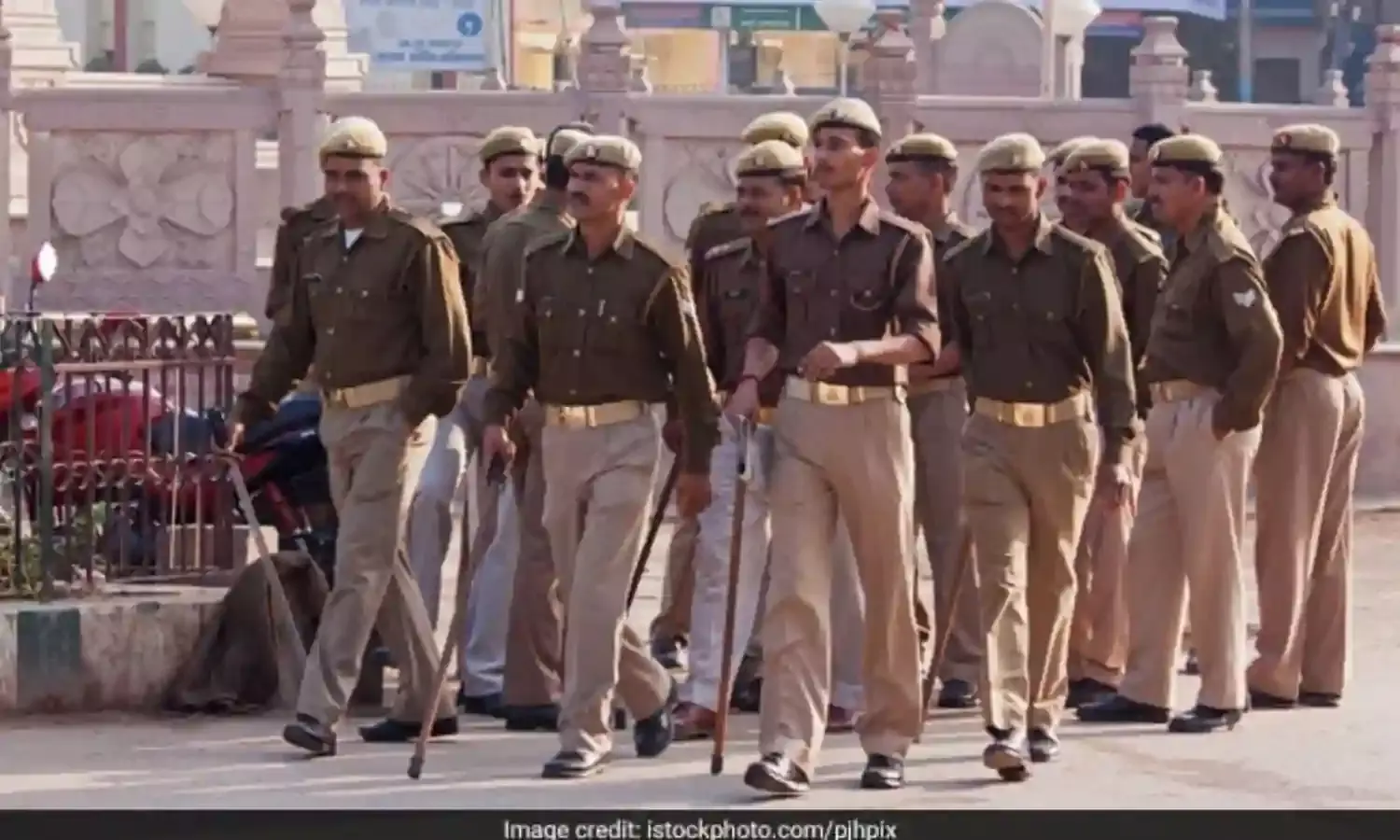It Doesn’t End Does It? Rape Survivor Set on Fire
No justice

Even as women, including Parliamentarians for a change, were expressing anguish over the horrific Hyderabad rape and murder of a young veterinarian doctor a 23 year old rape survivor from Uttar Pradesh was set on fire by five men. The woman was leaving to attend a court hearing on the rape case, and is now fighting 70 per cent burn injuries.
Hers is a similar story, reflecting the plight of women in India where even after rape they are unable to get the police to act and ensure their safety. The young woman was raped in March this year in her father’s village in Unnao district. She tried to file a case, the police was reluctant, and finally she was able to register a First Information Report in neighbouring Rae Bareilly district through the intervention of a local court. She accused the two rapists of also filming the horrendous act.
As is the usual story now from different parts of India, only one of the two rapists was arrested and released soon on bail. The police claimed that the other was absconding. The case continued in the courts, but now the young woman was attacked yet again by the two rapists and three others, set on fire, with 70 per cent burns. Her fight for justice ---because of inaction by the police---has ended in flames.
The attitude of the state police forces towards women has become a major challenge in their search for justice. At the onset the woman complainant is unable to get her case registered. As was the case in the Telangana rape where the victim’s alert sister was unable tog et the cops to react and act. Claiming jurisdiction red tape, the police refused to entertain her concerns and launch an immediate search for the young vet who might have been saved had prompt action been taken.
This is the story over and over again. Police apathy that translates into hostility, with reporters often being ‘briefed’ by senior cops about a rape with suggestions of the victim being of ‘loose character’, with the unsaid but implied, ‘she asked for it.’ Politicisation is rampant in India’s police, with the politicians in power often micro-managing the police stations, particularly in the districts. The weight of patriarchy that has become uglier over the years, makes the woman victim a target, of not just the rapist, but of society and the administration.
The Parliamentarians concern has been at best sporadic, provoked by the one event rather than a response to the systemic failure of India’s law making and implementing machinery to give due respect and dignity to women. The ‘lynch the rapist’ demand of MPs like Jaya Bachan, is as meaningless as it is absurd. Governments have since independence promised a better attitude towards women in the police stations, but the lack of gender sensitivity, makes it almost impossible for women to brave the cops and often the courts. Most rapes and acts of sexual abuse go unreported for this reason, with the Unnao incident yet again reinforcing the fear.
It takes considerable courage for a rape survivor to file a case, and insist on a hearing for justice because of the social stigma attached. The women who cross this barrier are few, but instead of ensuring that their cases are treated as exemplary, the ‘establishment’ works towards the opposite. The attack on the young Unnao woman will now deter many more from approaching the police and fighting for justice, whereas a successful hearing and punishment would have helped more women victims of abuse, find the courage.


